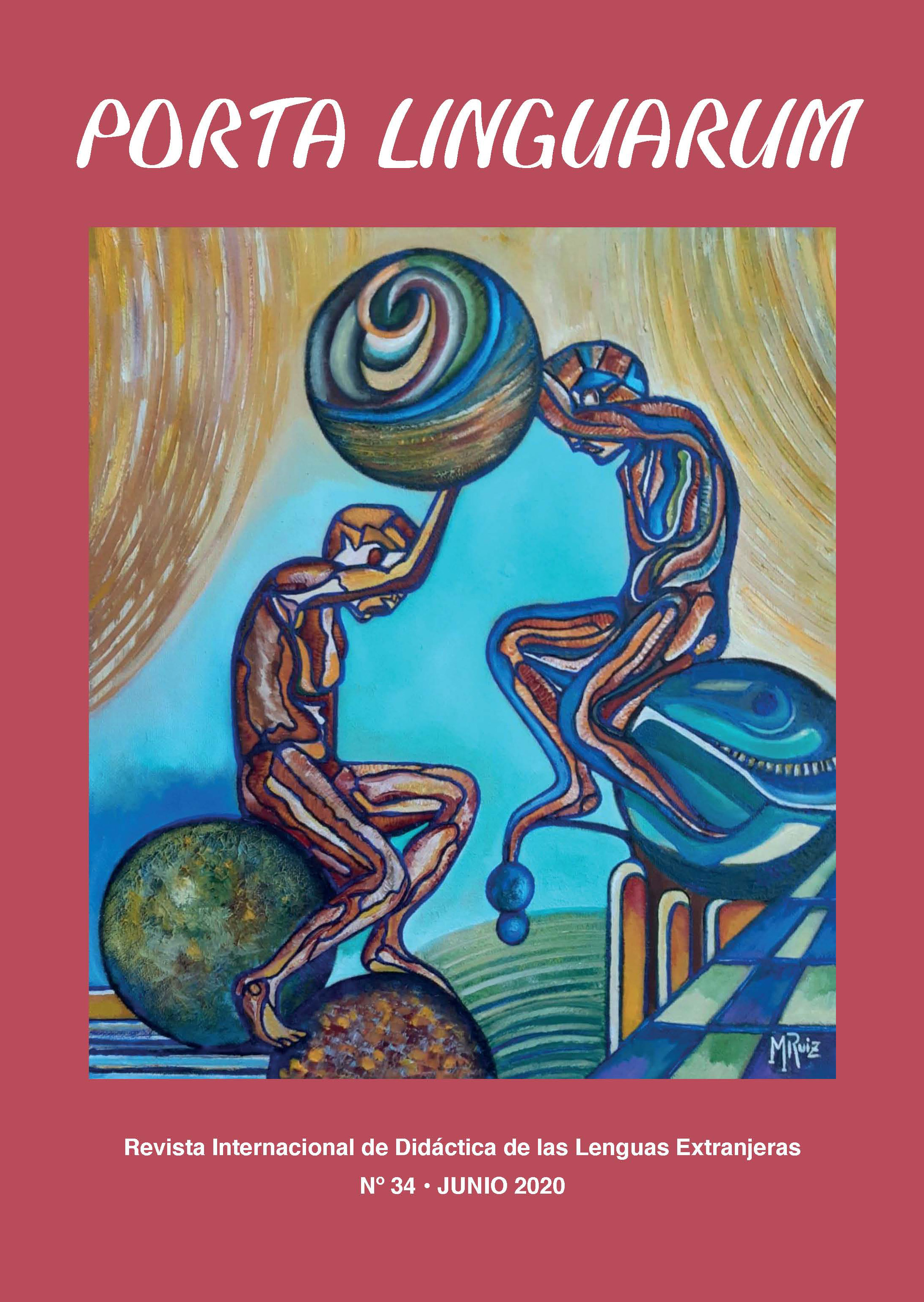Lectura sociolingüística de las migraciones: el potencial didáctico de Entre dos aguas (Rosa Ribas)
DOI:
https://doi.org/10.30827/portalin.vi34.16735Keywords:
reading, sociolinguistics, interculturality, citizen-based linguistic education, Spanish as a foreign language, migrationsAbstract
Sociolinguistic Reading is proposed as a teaching procedure for literary works ─though not exclusive─. It is intended as a means for a more reflexive and experience-based interculturality. As a general purpose it must be beyond a simple statement of intents and equally foster a citizen-based linguistic education. This work analyses the teaching capacity of the novel Entre dos aguas (2007) ─Between two Waters─ by Rosa Ribas. With this approach, an improvement in the level of Spanish is sought through the mere reading of the work, as well as encouraging debates with the students, relating their linguistic and life experiences to the narration, therefore seeking out points of convergence and divergence. In short, it is a very complete, motivating and effective teaching practice, both for the ELE class itself, as for the work required with foreign students involved in Spanish students’ programs.



















